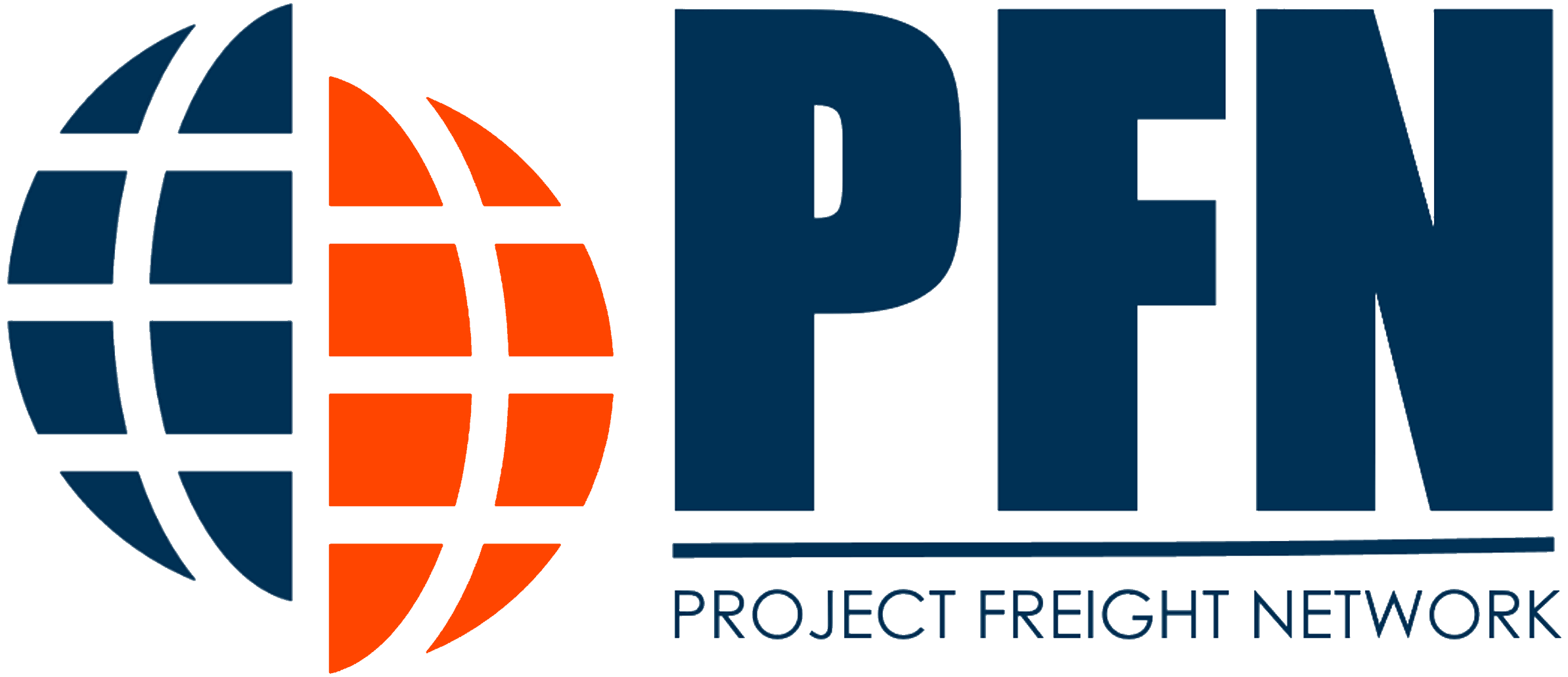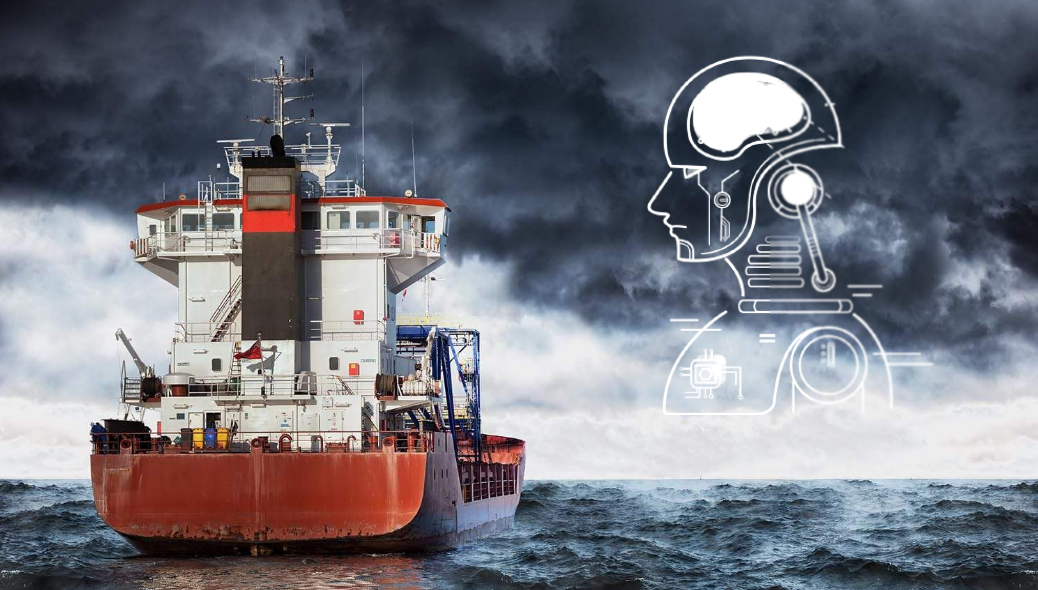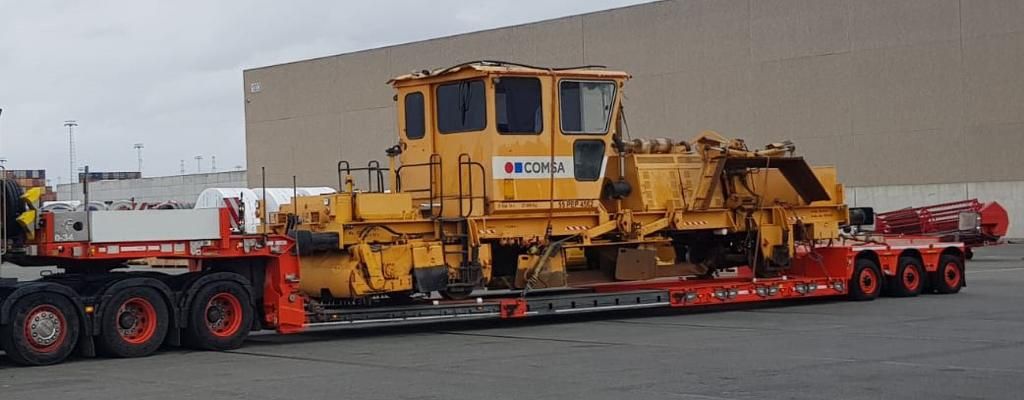In the ever-evolving landscape of maritime operations, the integration of cutting-edge technologies has revolutionized the way vessels navigate the open seas, optimizing routes, reducing fuel consumption, and enhancing overall efficiency. One of the most transformative advancements in recent years has been the incorporation of Artificial Intelligence (AI) into voyage optimization and offshore logistics. This powerful fusion of AI and maritime operations holds the promise of significant cost reductions, improved safety, and a greener footprint for the shipping industry.
Navigating the Seas of Opportunity with AI
The maritime sector, a crucial pillar of global trade and commerce, has always sought ways to enhance operational efficiency and safety. With the advent of AI-driven solutions, these aspirations are becoming a reality. AI’s ability to process vast amounts of data and draw meaningful insights has empowered maritime operators to optimize voyage routes, taking into account variables such as weather conditions, vessel performance, and cargo requirements. This holistic approach ensures that every aspect of the journey is meticulously planned for maximum efficiency.
Fuel Efficiency and Emission Reduction
One of the most compelling benefits of AI-driven voyage optimization is its potential to substantially reduce fuel consumption and emissions. By analyzing historical data and real-time information, AI algorithms can determine the most fuel-efficient routes, allowing vessels to navigate the seas with minimal impact on the environment. This not only aligns with global efforts to combat climate change but also offers considerable cost savings for shipping companies.
Navigational Safety
AI’s prowess extends beyond efficiency gains; it plays a pivotal role in enhancing navigational safety. Through the analysis of data from various sensors and sources, AI can identify potential hazards and predict collisions, providing crew members with early warnings to avert dangerous situations. This capability is particularly critical in congested maritime areas and around offshore installations, where even minor errors can lead to catastrophic consequences.
Real-World Applications and Success Stories
Several maritime companies have already harnessed the power of AI to revolutionize their operations and achieve unprecedented levels of efficiency and safety.
P&O Maritime: Redefining Offshore Logistics
P&O Maritime, a leader in offshore support vessels, has leveraged AI and Machine Learning (ML) to optimize its logistics services. By integrating cargo requirements for multiple facilities onto a single vessel, P&O Maritime has streamlined its supply chain, reducing inefficiencies associated with traditional methods. Additionally, AI-powered analysis of telemetric data enables real-time cargo delivery optimization, minimizing time spent in critical zones and enhancing overall safety.
Metis: A Digital Twin for Enhanced Efficiency
Metis has pioneered the concept of a digital twin for ships, utilizing AI to create a virtual model that mirrors the vessel’s real-world behavior. By merging high-frequency data, weather information, and ship positioning, Metis develops precise digital replicas of ships, which AI algorithms use to optimize voyages. This technology not only ensures compliance with environmental regulations but also empowers captains with real-time decision support for optimal speed, route adjustments, and fuel consumption.
OneLink: Empowering Captains with Predictive Insights
OneLink takes voyage optimization a step further by utilizing AI to predict power and fuel consumption per sailing. By amalgamating data from telemetric sources, weather forecasts, and historical performance, OneLink creates comprehensive models that enable captains to make informed decisions. This predictive approach enhances fuel efficiency, reduces costs, and ensures vessels are operated at their peak performance.
Overcoming Challenges and Looking Ahead
While the benefits of AI in voyage optimization are compelling, several challenges must be addressed to ensure its successful implementation.
Data Accuracy and Integration
The accuracy of AI models hinges on the quality and relevance of the data they process. Maritime companies must ensure that their datasets accurately reflect real-world conditions, enabling AI algorithms to generate meaningful insights. Moreover, integrating AI-powered solutions with existing systems and workflows is essential to harnessing their full potential.
Cost and Investment
Implementing AI-driven voyage optimization tools requires significant investment, both in terms of technology adoption and ongoing maintenance. Vessel owners must carefully weigh the costs against the potential benefits, ensuring that the return on investment justifies the expenditure.
Data Governance and Privacy
As AI becomes an integral part of maritime operations, concerns surrounding data privacy, cybersecurity, and governance come to the forefront. Establishing robust frameworks for data management and ensuring compliance with regulatory standards are imperative for the responsible and effective use of AI in the maritime sector.
Final Word
The integration of Artificial Intelligence into voyage optimization and offshore logistics marks a transformative chapter in maritime history. Through AI’s analytical prowess, maritime operators can navigate the seas with unprecedented efficiency, safety, and environmental consciousness. From reducing fuel consumption and emissions to enhancing navigational safety and decision-making, AI-driven solutions offer a brighter and more sustainable future for the shipping industry. As we sail into this AI-powered era, the seas of opportunity are vast, and the potential for maritime excellence knows no bounds.





